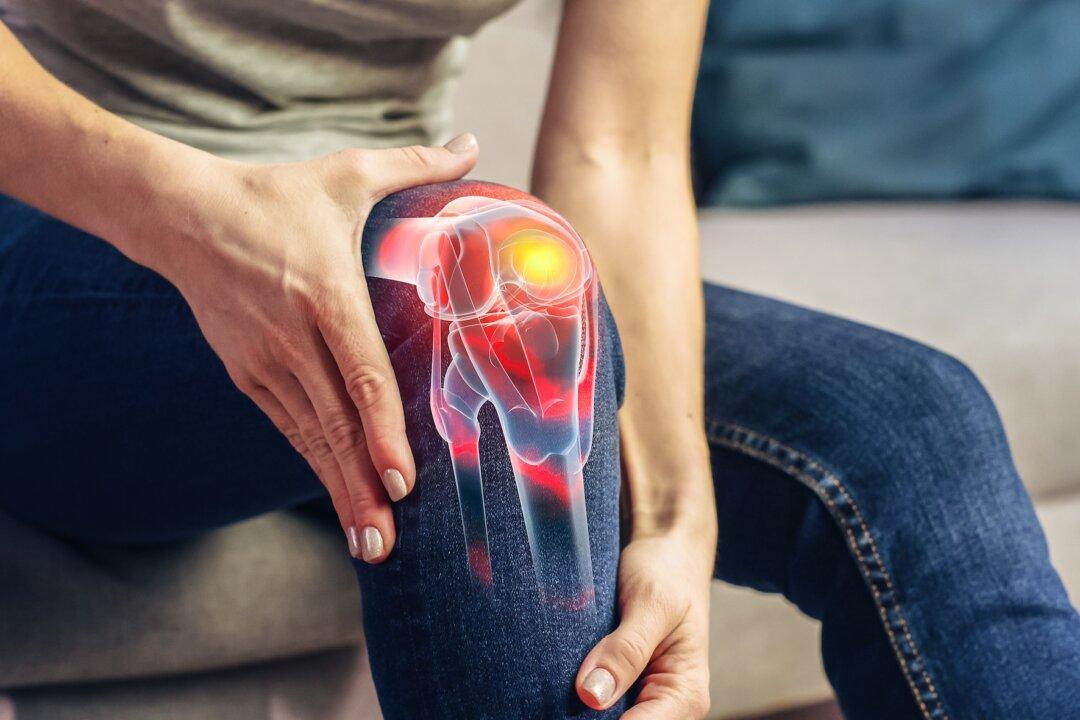An editorial in the February 19, 2015 Journal of the American Medical Association states that Vitamin D, in combination with calcium, has been shown to be good for your bones. However, Joanne Manson, the author of the editorial, says that there is no good evidence that large doses of vitamin D prevent cancer, cardiovascular disease, diabetes, autoimmune disorders, depression, infection or other maladies. She heads a study of 25,875 people across the United States to see if vitamin D pills prevent these conditions. Results will be available in two years.
Doses of vitamin D greater than 4,000 IUs increase risk for kidney stones, calcification of blood vessels and even the very cardiovascular disease you were seeking to prevent. The dose of vitamin D recommended by the National Academy of Sciences is 600 international units daily for those up to 70 years of age , and 800 IU for those over 71.





